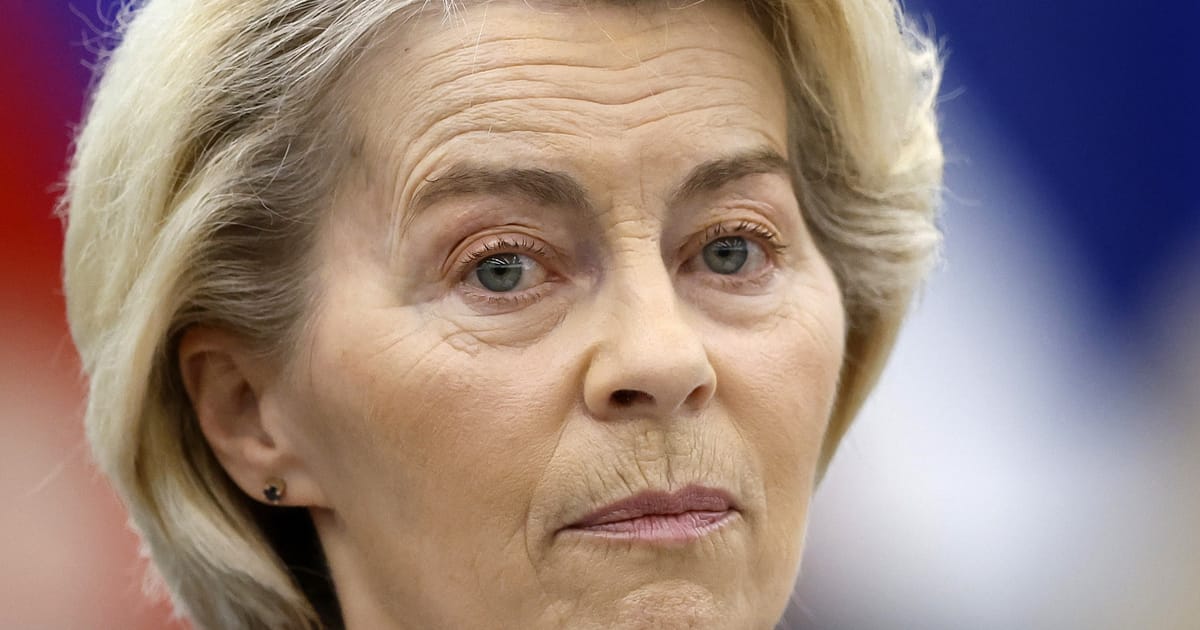

In recent days, Europe has witnessed a series of significant political developments, marked by resilience and strategic advancements that highlight the continent’s dynamic and evolving landscape.
The European Commission President, Ursula von der Leyen, successfully navigated a no-confidence vote, securing her position with ample support. While the backing wasn’t unanimous, von der Leyen’s survival signals stability and continuity in her leadership. Her presidency has been a crucial anchor in these challenging times, focusing on cohesive policies that address contemporary issues within the European Union. The decision showcases a collective desire to maintain consistent governance, reflecting the trust in her capability to steer the EU through ongoing challenges.
Across the English Channel, in the United Kingdom, an exciting breakthrough in migration policy has been achieved. Labour Prime Minister Keir Starmer has announced a landmark agreement with France, aiming to manage the complexities of small-boat migrations. This development marks a significant diplomatic success, years in the making, addressing longstanding hurdles in cross-border migration. It highlights a collaborative effort, where mutual concessions lead to effective solutions. This agreement promises a balanced approach to asylum seekers, proposing an exchange system that reflects an innovative stride in international cooperation.
The discourse around migration also brings into focus previous efforts, such as those by Robert Jenrick, whose advisory role laid the groundwork for these discussions. His vision of reciprocity laid the foundation for today’s legislative success, illustrating the importance of continuity and foresight in governmental policymaking.
Meanwhile, in Portugal, ongoing environmental challenges have been addressed with timely intervention and cooperation. Firefighters have effectively brought a fire in Montemor-o-Novo under control. The operations centered on containment, followed by essential rescaldo and consolidation work across the affected area. This swift and coordinated response underlines the essential role of community efforts and strategic planning in safeguarding natural landscapes.
In a separate note, discussions within Portugal have also focused on economic and corporate governance, particularly relating to the partial privatization of TAP, the national airline. Efficient management and strategic partnerships are emphasized, aiming to boost the airline’s financial health and service quality. These measures reflect a balanced approach to economic growth and sustainability.
This interconnected series of events across Europe exemplifies a steadfast commitment to collaborative governance and strategic resilience. The continent continues to adapt and evolve, striving to transform challenges into opportunities for growth and unity. European leadership remains focused on fostering a secure, prosperous, and inclusive future, addressing today’s complexities with dedication and foresight.
Source: {link}
